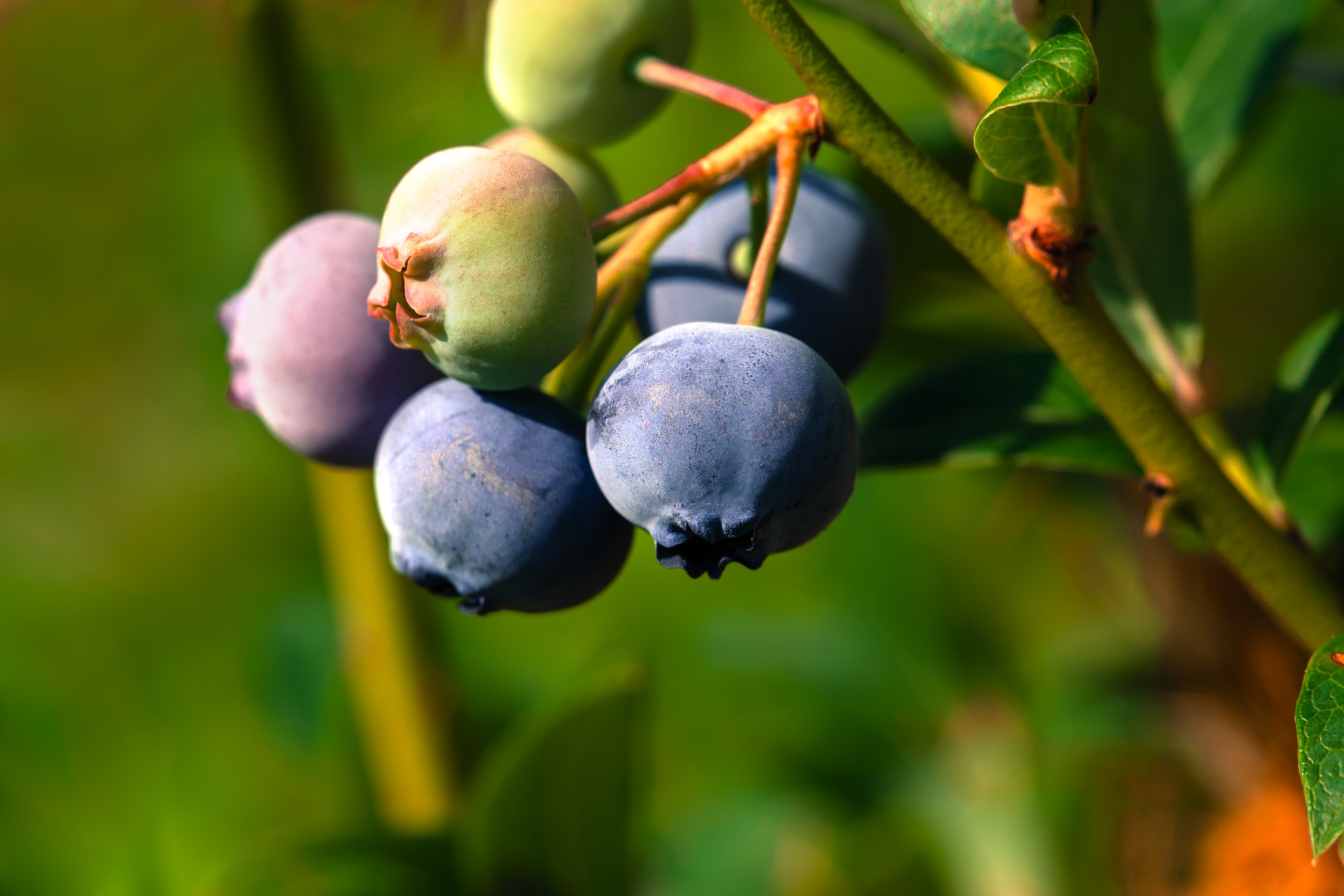Record RSA blues season expected
South Africa’s blueberry exporters are enjoying a bumper season
Exports of blueberries from South Africa have increased rapidly so far this season, with the possibility of South Africa reaching 50,000 tonnes no longer just a dream, according to industry leaders.
As the South African Berry Producers Association (SABPA) met for its annual meeting to review progress at Simondium near Paarl in the Western Cape, industry sources said that at the end of week 45, exports had grown by 54 per cent year-on-year, from 5,362 tonnes to 8,231 tonnes.
SABRA chairperson Jean Kotze said information provided to the industry at the meeting confirmed that the steep growth would continue over the next five years as production expands across the country.
“South Africa’s berry industry is set to continue on its remarkable growth trajectory in the next five years,” he explained. “The number of hectares planted is projected to increase by more than 80 per cent by 2025. The number of hectares of blueberries in particular will increase by 136 per cent in Limpopo and 102 per cent in Mpumalanga.
“A significant attribute of South Africa’s blueberry varieties is their versatility, enabling production in virtually any part of the country,” he continued. “As a result, government and industry can target high unemployment areas for increased production. The potential positive effects for unemployment in the country are significant.”
So far this year, exports to the European Union have virtually doubled, while shipments to the UK have increased by 32 per cent.
The other significant marketing region is the Middle East, which also received 30 per cent more fruit so far this season.
Kotze said that while the industry used to be totally reliant on airfreight, around 50 per cent of the fruit has been shipped in containers by sea this year.
“South African blueberries do not have access to key eastern markets at a time when blueberry imports are growing exponentially,” Kotze noted. “At the moment, the processing of export protocols is taking anywhere from 12 to 17 years for one commodity to gain access to one market. At this rate, South African blueberries will only gain access to the Chinese market in 2045.”
Unfortunately, the current South African market access protocol is creating an environment where various South African fruit commodities are competing with each other, when in fact their real competitors are countries like Chile and Peru. “We need to get more organised as a producing nation,” he added.
22/11/2019







